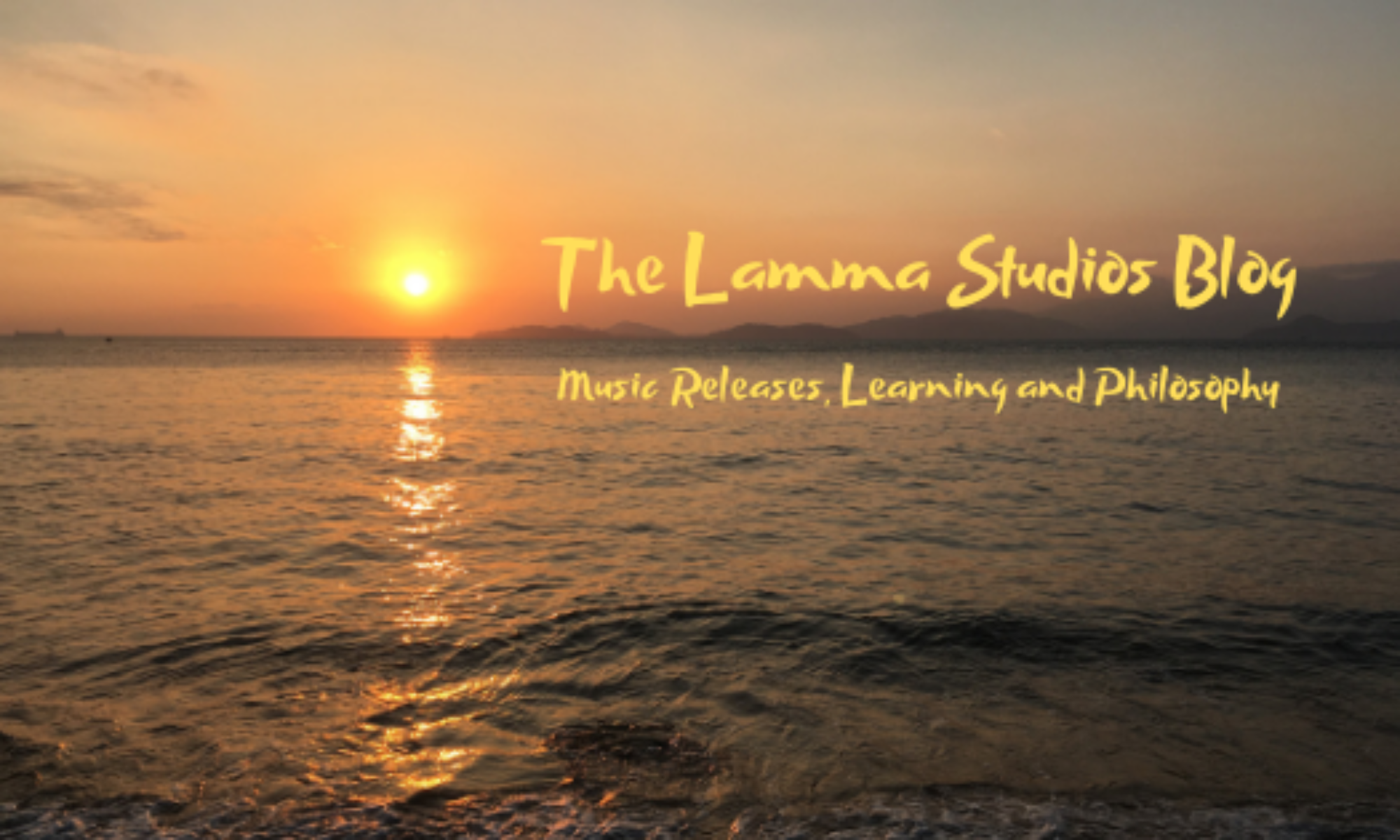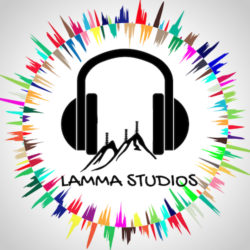Congratulations and Thank You! Congratulations! You have successfully finished this course and taken some big steps forward in your journey of realizing your potential as a creative and expressive musician. Take a moment to congratulate yourself on what you have accomplished here and the new skills and understanding you have developed. The work of discovering …
Principle 10: Learn to Move, Dance and Express Music With Your Body
As we have covered before in Principle 5 as well as other lessons, music is more about feeling than hearing or thinking. So ask yourself, where does music live in you? In your mind? Your heart? Hips? Ears? Hands? Feet?
The answer is that music affects the whole body. While the brain does indeed light up like a Christmas tree when we play music, so does our entire body if allowed to freely react to the music. Toes want to tap, hips want to sway, heads want to bob, fingers want to drum, booties want to shake. It’s in our DNA.
Principle 9: Sing to Discover Your True Musical Self
Principle 9: Sing to discover your true musical self. Playing music to express ourselves is a two step process. First we discover the musical ideas that live inside us. Then, we translate those ideas through an instrument or voice and bring the music to the outer world. Difficulty in self expression in music can usually …
Continue reading “Principle 9: Sing to Discover Your True Musical Self”
Principle 8: Practice With Music for Fast Development
The standard music education practice model of solitary repetition is ineffective, painful and boring. Imagine if we learned our language this way, our parents telling us, “Now go into that room over there by yourself and say these words and sentences over and over again until they are perfect. You need to do this every day for a minimum of ____ hours.” It would be a slow, difficult, unhappy and boring process. Also we would not learn to speak very well no matter how much we “practiced” this way.
Practicing does not have to be a mind-numbing process of sitting in a room alone playing something over and over until it’s perfect. Instead, we can bring music into the practice room with us and make it much more fun and effective.
Principle 7: Don’t Practice, Just Jam!
Of all musical activities, jamming is the most useful, effective and necessary way to develop essential musical abilities. These abilities include listening, self expression, rhythm, performance, improvisation, grooving and many other essential skills. Yet jamming is rarely taught.
Principle 6: Listening is at least 50% of Music
The two essential skills of communication in any language are the expression of ideas and the understanding of the ideas of others. We need to have both skills. Being able to speak is useless if we can’t understand how other people respond to us.
The same principle applies to music. The ability to hear, understand and respond appropriately to what others play is extremely important for all musicians. Ask any good musician who they love to play with and why, many will say things like, “He has a great ear.” or “She listens and picks up on everything I do do right away.” or “It’s almost like he can read my mind.”
Principle 5: Focus on the Feeling, Not the Notes!
The big open secret about music is that people don’t listen to music as much as they feel it. This is why we can listen to two performances of the same song and have a positive reaction to one and not the other. The difference is the feeling behind the performance.
Principle 4: Find and feel the groove before you play
I believe that the groove is the most important element of music. What is the groove? The groove is something you feel, not hear. Groove is a combination of many elements, especially the rhythm, sound and feel of the music. We must find and feel the groove when we play, especially when playing with other people. It doesn’t matter how well we are playing individually, if we don’t play in the groove it won’t sound good. Conversely, if we play with the groove, we will sound much better even if we aren’t playing something amazing.
Principle 3: At the beginning there are no mistakes!
We want to develop the ability to play freely without fear of mistakes. That freedom is one of the most valuable skills a musician can have, but sadly, one of the most rarely developed through traditional musical education. In these exercises we will begin to develop that feeling of freedom and begin to unlock our creative potential.
Principle 2: Music is a Language- Learning Music Like We Learned as Kids
This course is largely organized around the basic fact that music is a language. All over the world, natural language learning is highly successful in enabling young children to easily and successfully learn their native language.
In this course we will approach learning music in this same natural way. If we follow the natural learning approach with music we can learn it just like we learned our first language as children- quickly, easily, without stress and to a high degree of mastery.

